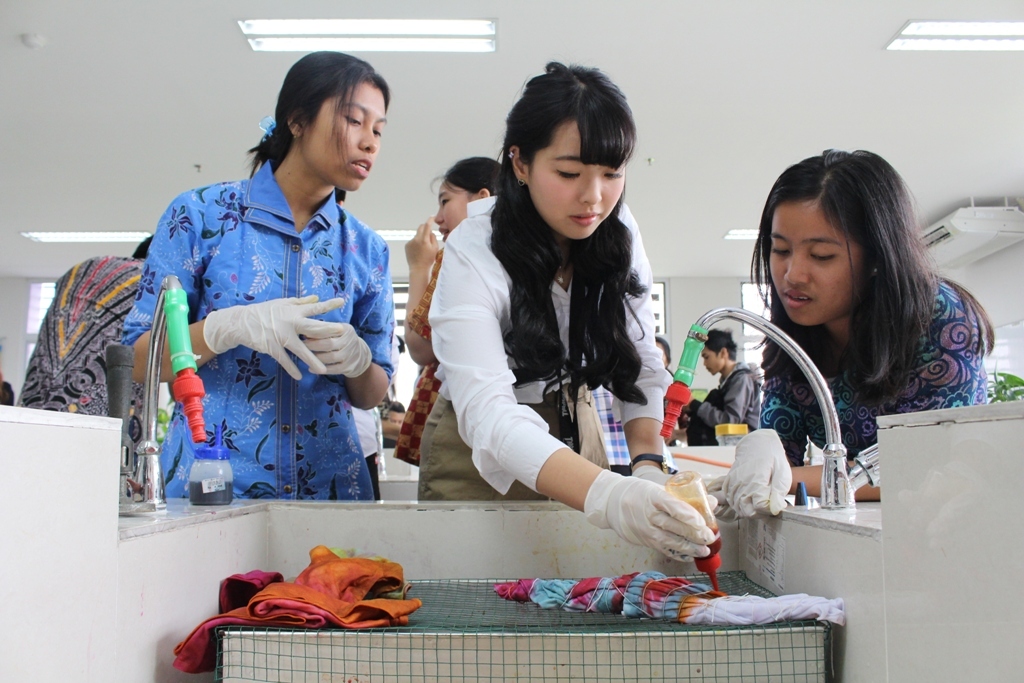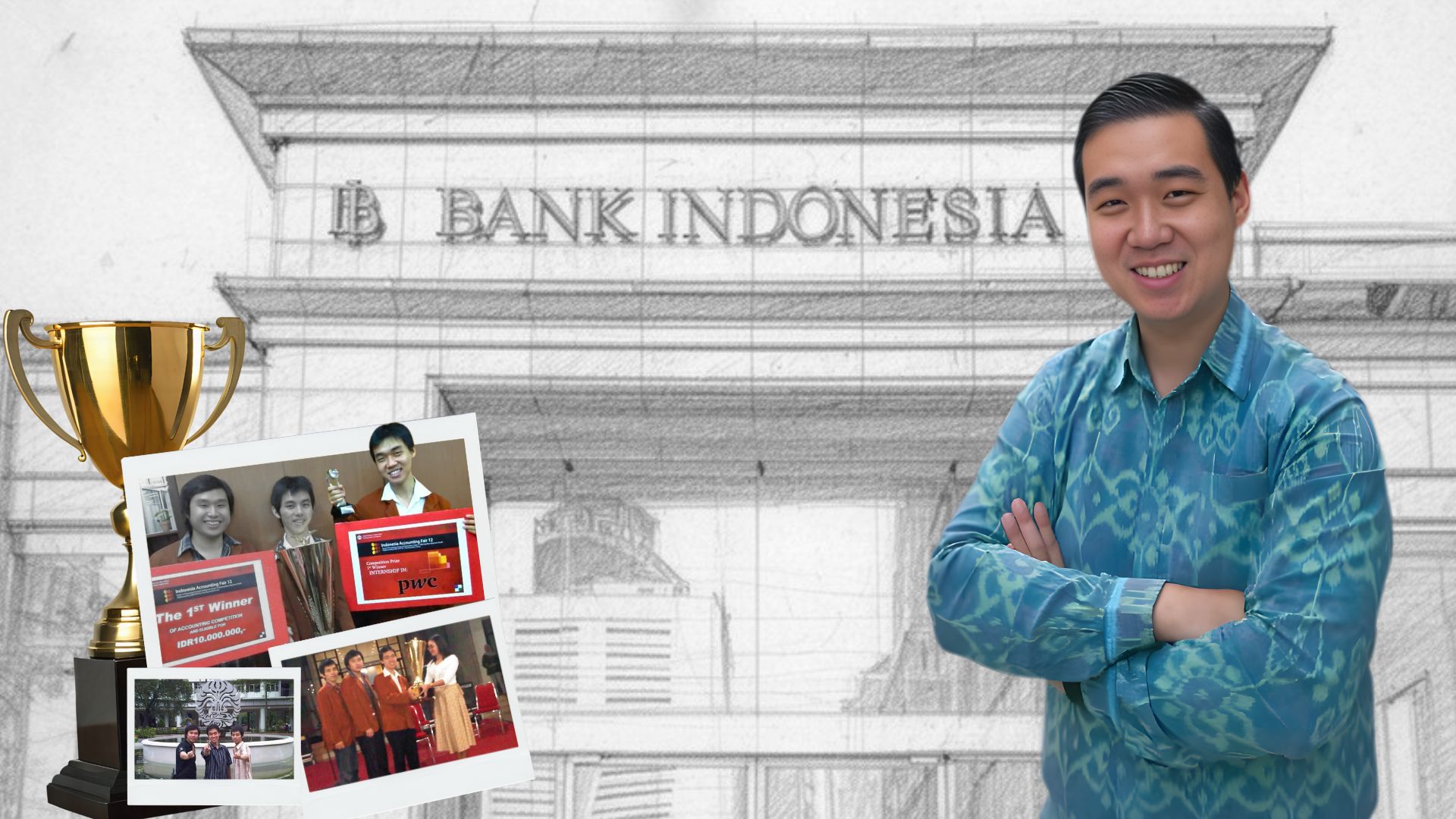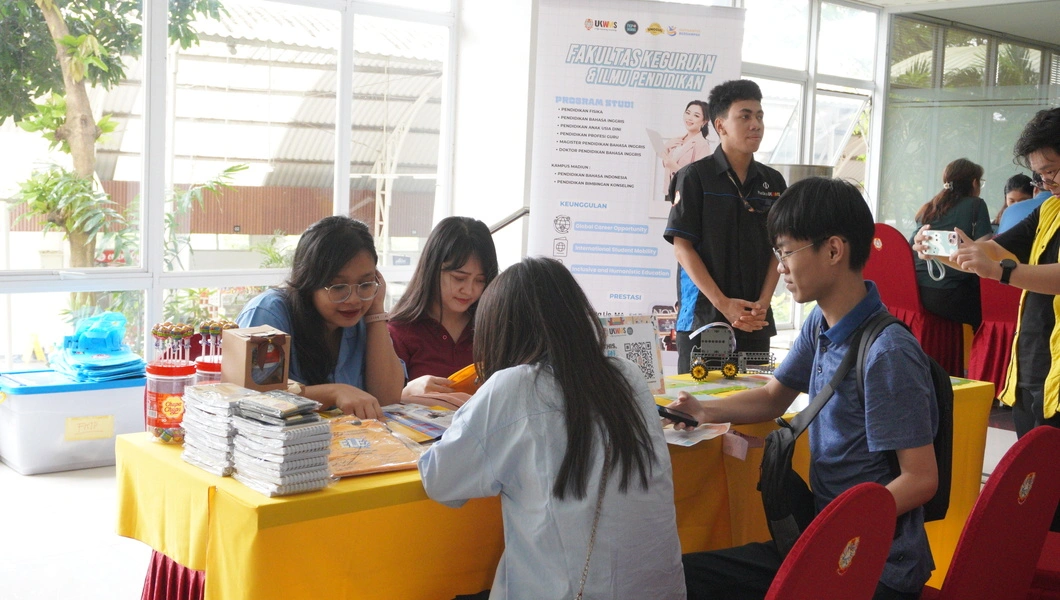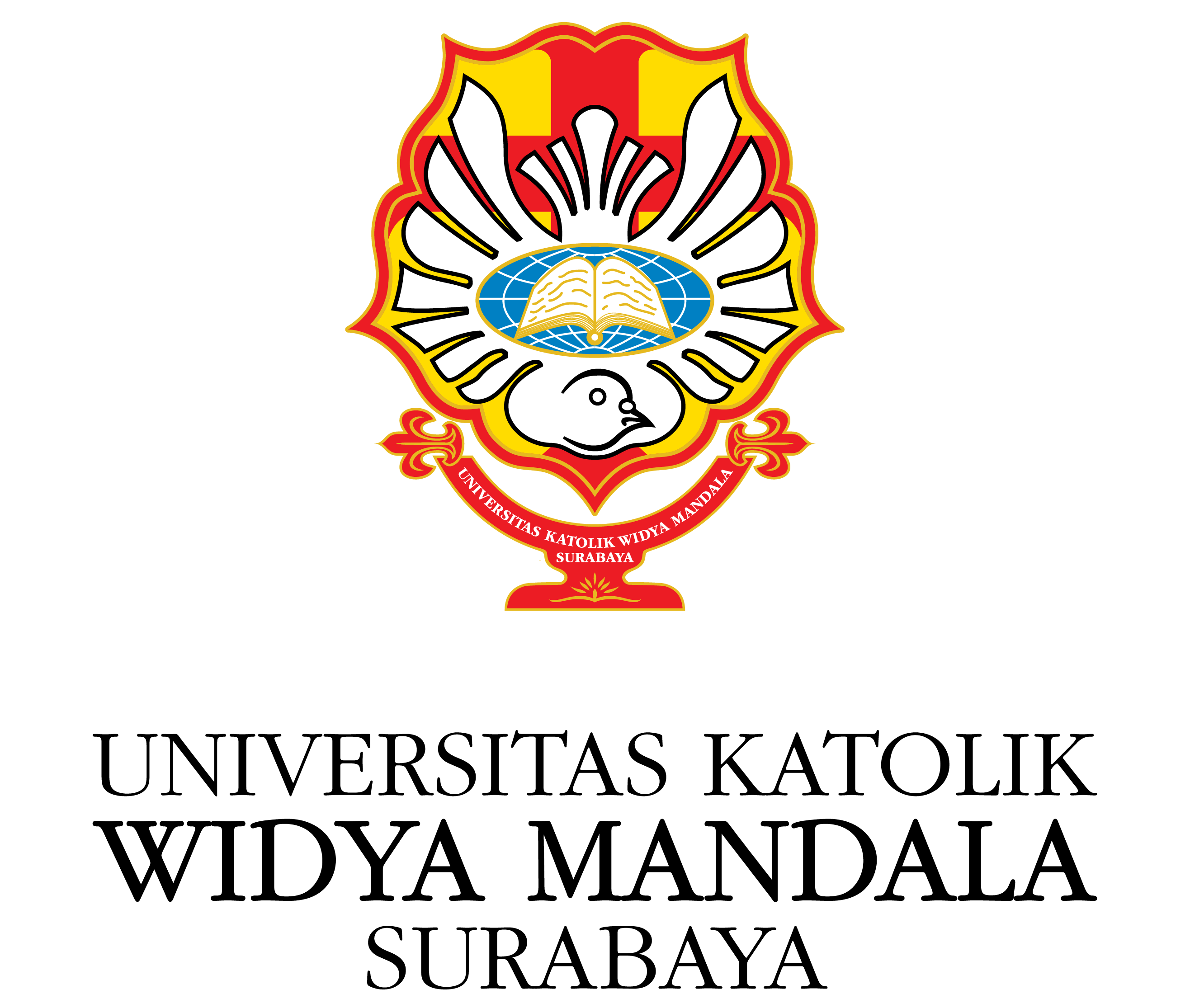[vc_row][vc_column][vc_column_text](UKWMS-8/2/2018) A total of eight delegates from Japan and Taiwan visited several laboratories and departments at Widya Mandala Surabaya Catholic University to study ‘making batik’. The group consisted of two students and one lecturer from Osaka Institute of Technology (OIT) of Japan and five students from National Taiwan University of Science and Technology (NTUST). They came to fulfill the collaboration between WMSCU, NTUST and OIT in implementing the seven-day Problem-Based Learning (PBL) program with the theme “The Challenge of Preserving Batik as a Local Cultural Heritage in the Midst of Disruptive Digital Era”. This collaboration was initiated by the Faculty of Engineering and also involved the Faculty of Communication, the Faculty of Agricultural Technology, the Department of Food Technology, the Faculty of Pharmacy, the Faculty of Medicine, the Faculty of Business, the Faculty of Teacher Training and Education and the Faculty of Philosophy of WMSCU.
Professor Masahiro Muraoka from OIT stated that he felt very happy to be able to visit WMSCU again in the context of PBL. “Last year my students and I learned a lot about durian, and I’m sure I can learn more about Indonesian batik this time,” he said. With Prof. Masa, also present were Nohara Katayama and Moe Tamaki as participating students from OIT. Delegates from NTUST were Liu Jia Hua, Su Chia Sheng, Lee Pei Ju, Wu Xin Ping and Liao Tzu Yu, who were in either their second or third year of study.
“This is the second time PBL has been held and if last year we invited the delegates to have a ‘hangover durian,’ this time we want to introduce how beautiful, profound and useful this Indonesian batik art is,” said Erlyn Erawan, Psy.D. as the Head of the WMSCU International Affairs Office. Furthermore, Erlyn added that WMSCU chose this theme out of a concern over the fact that most ‘children nowadays’ spend more time using their devices than paying attention to culture. Digitalization is indeed a manifestation of the progress of human civilization, but on the other hand, the young generation still needs to be encouraged to appreciate how rich and valuable the cultural heritage of this nation. Therefore, PBL was also designed to be conducted in the form of giving short seminars on regional batik motifs, ranging from its philosophy and all the way to the health risk faced by handmade batik artisans after being exposed to the materials used in making batik. Each seminar is always followed by a discussion on how to find a solution for every problem that is found in the Indonesian Batik industry process.
On the third day of PBL, Thursday, February 8, 2018, guests participated directly in an activity using natural dyes from Indonesian natural materials, such as sappan wood, tea, coffee, suji leaves, teak leaves, turmeric, guava leaves, coconut fiber and telang flowers, to make batik with dyed tie technique at the Faculty of Pharmacy. “We would like to introduce one of the factors in ‘Batik’ and the process of ‘Mbatik‘ by using natural dyes from Indonesia’s natural wealth that are characteristic and strengths of Indonesian Batik,” said Dr. F.V. Lanny Hartanti, S.Sc., M.Sc. as the speaker and practicum instructor in the Faculty of Pharmacy.
In this joint practicum, all 27 PBL participants from three universities and three countries learned about natural dyes, preparation methods for their preparation, and the advantages and disadvantages of natural dyes compared to synthetic dyes. Practicing t-shirt coloring with natural dyes using tie-dyes, these students can experience firsthand the craftsmanship of Indonesian batik in a simplified version.
Batik jumputan is made by doing three stages. The first stage is to clean the factory material on the shirt/cloth by washing and drying overnight. Then the second stage is when the plant materials that will be used as coloring material must be destroyed first and gone through an extraction process by boiling and filtering. After going through these two stages, then the shirt can be given a color according to the desired motif.
Lee Pei Ju, a PBL participant from Taiwan said, “I did not think that the natural dyes used to make batik today could also be used to make cosmetics such as lipstick, blush and eye shadow; really interesting and extraordinary.” Furthermore, Lee Pei Ju who is familiar with her nickname Lulu said that she was grateful to learn making batik jumputan and know the meaning behind the motifs that exist in Indonesian batik cloth. She said that in northern Taiwan, there is also a culture of making cloth called Lan Ran that is similar to the Indonesian-style jumputan batik but the color is only blue, not as colorful as Indonesian batik. Through this PBL event, WMSCU hopes that students were able to share knowledge and experience with partners from Japan and Taiwan and with a wider community. (Red / yov)[/vc_column_text][/vc_column][/vc_row][vc_row][vc_column][vc_gallery interval=”3″ images=”8154,8155,8153,8152″ img_size=”2000×1800″][/vc_column][/vc_row]





